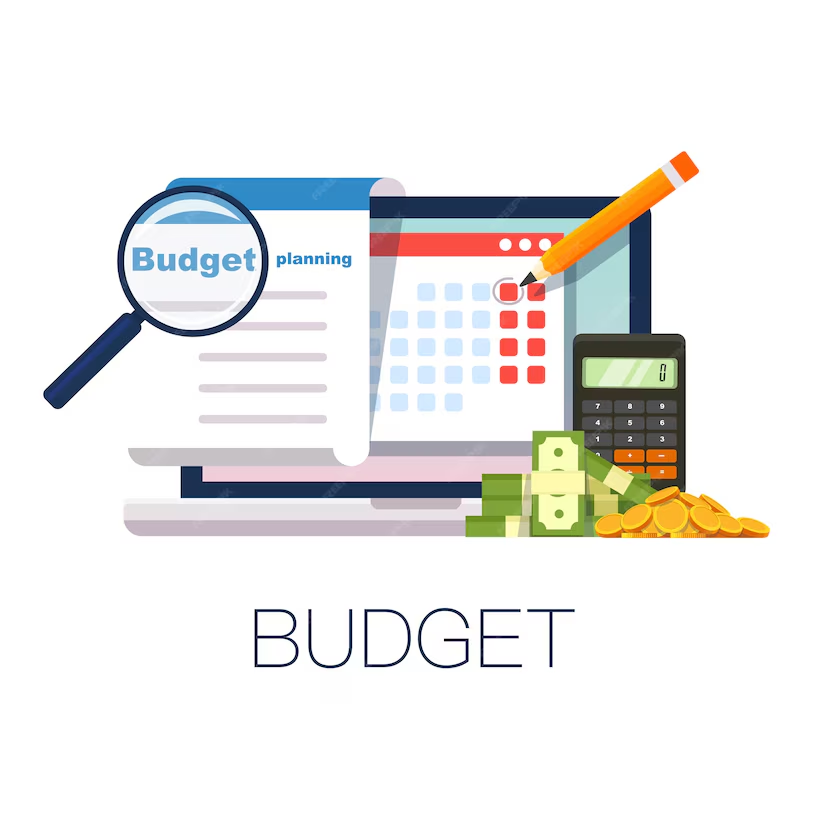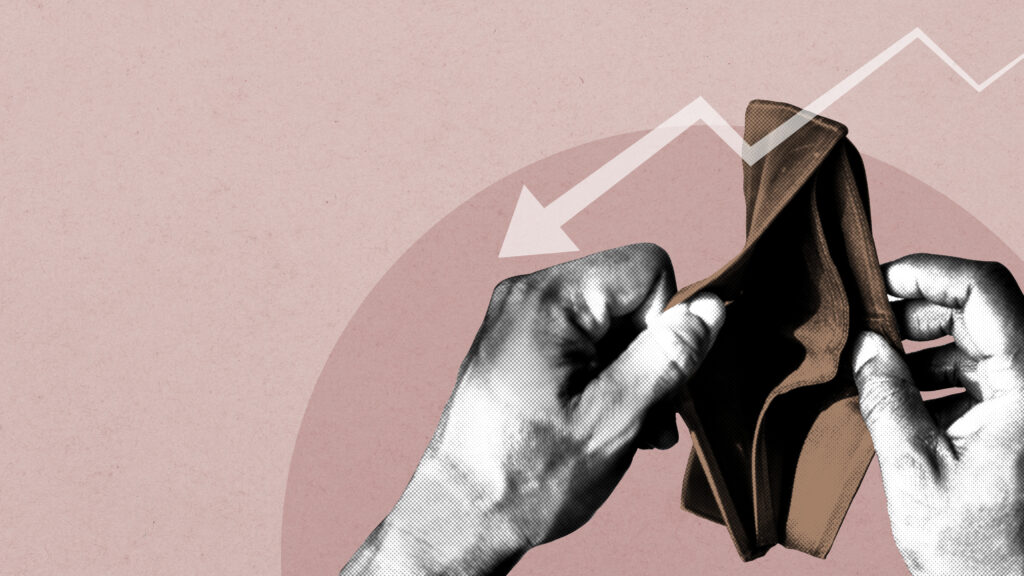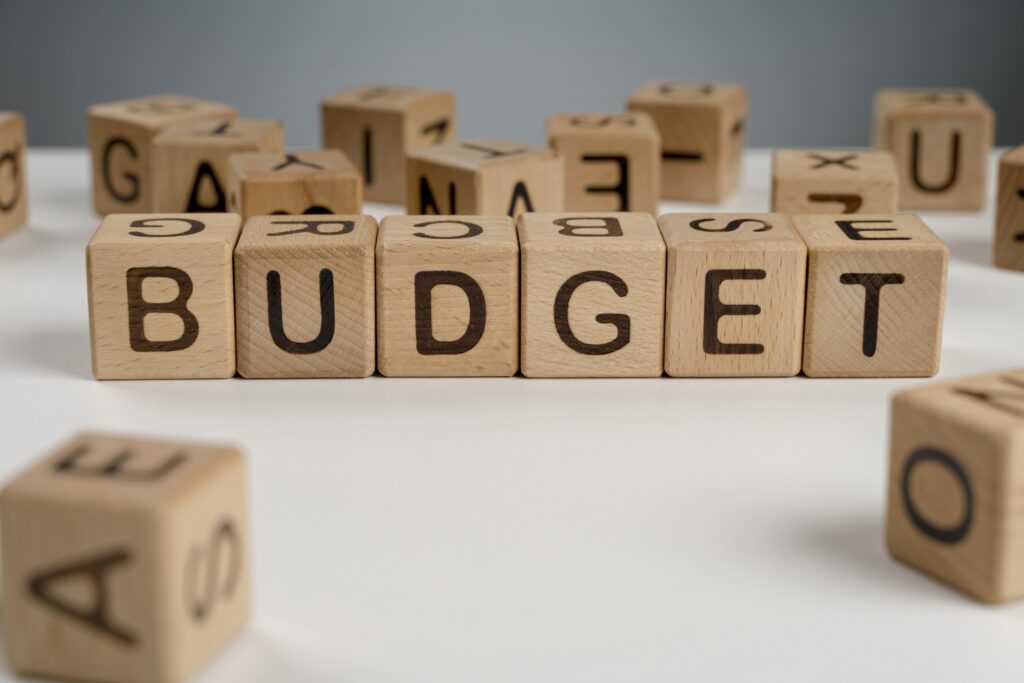Being broke and in debt is an overwhelming combination that can make you feel trapped. When you’re barely making ends meet, the idea of paying off your debt might seem impossible. But there is hope. Even if your income is limited, strategic planning, small consistent steps, and the right mindset can help you dig your way out. This article will guide you through practical and achievable steps to get out of debt, even when your bank account is nearly empty.
Table of Contents
Understand the Depth of Your Debt
Before you can tackle debt, you need to get a clear picture of it. Start by listing every debt you owe — credit cards, loans, unpaid bills, personal borrowings, etc. Include:
Amount owed
Interest rate
Minimum monthly payment
Due dates
Why it matters: This gives you a bird’s-eye view of your financial reality. It also helps in deciding what to prioritize and what needs urgent attention.
Stop Accumulating More Debt
It may sound obvious, but it’s critical: stop using credit cards and taking new loans. Adding new debt while trying to get out of old debt is like trying to fill a bucket that has a hole in it.
Action Tip: Cut up credit cards, unsubscribe from “Buy Now, Pay Later” services, and say no to new EMIs unless it’s absolutely necessary.
Create a Bare-Bones Budget
A bare-bones budget helps you survive while throwing every extra rupee at your debt. List your absolute necessities—rent, utilities, groceries, transport—and cut out the rest.
Focus areas:
Cook at home
Use public transport
Cancel subscriptions
Avoid eating out
Shop only for essentials
This might not be fun, but it’s temporary. The more aggressively you can reduce spending, the faster you can regain control.
Track Every Rupee You Spend
You can’t fix what you don’t track. Start writing down every single expense, no matter how small. This helps you identify leaks in your finances.
Tools you can use:
Free budgeting apps (like Walnut or Money Manager)
Google Sheets or Excel
A physical notebook
When you’re broke, even a few rupees saved every day matters.
Increase Your Income (Even a Little)
If your current income barely covers essentials, then increasing it — even a little — can fast-track your debt payoff.
Ideas to earn more:
Freelancing (writing, editing, design, etc.)
Online tutoring or classes
Weekend part-time jobs
Selling unused items (books, clothes, electronics)
Start a side hustle (pet sitting, delivery, handmade crafts)
Don’t underestimate small gigs. An extra ₹2,000–₹5,000 per month can make a big difference.
Prioritize Your Debts with the Avalanche or Snowball Method
There are two popular debt repayment strategies:
- Avalanche Method:
Pay off the debt with the highest interest rate first, while making minimum payments on others.
Pros: You save the most on interest.
- Snowball Method:
Pay off the smallest debt first to build confidence and momentum.
Pros: Great psychological wins early on.
Choose whichever method keeps you motivated. The important thing is to keep moving forward.
Negotiate with Creditors
When you’re broke, creditors may be willing to work with you rather than risk getting nothing. Contact them and explain your situation.
What to ask for:
Lower interest rate
Payment plan
Waiving late fees
One-time settlement
Being proactive shows responsibility, and some companies may offer hardship programs.
Use a Debt Consolidation Plan (if you qualify)
If you have multiple high-interest debts, consider a debt consolidation loan that combines them into one lower-interest loan. But only do this if:
The interest rate is genuinely lower
You have a plan to repay it
You won’t accumulate new debt
This may not be easy to qualify for when you’re broke, but it’s worth exploring with trusted financial institutions.
Avoid Debt Relief Scams
When you’re desperate, you’re vulnerable. Be wary of companies that promise to eliminate your debt “magically” or charge huge fees upfront.
Watch out for:
Unregistered firms
Unrealistic promises
Demanding payments before any help
Stick to banks, NBFCs, or verified debt counseling agencies like Dvara Smart Services or CRISIL-rated financial advisors.
Use Government and NGO Assistance
There are NGOs and government programs that can assist people in financial trouble.
Look into:
Local self-help groups
Non-profit counseling services
Free financial literacy programs (like those by RBI or SEBI)
Sometimes, a small grant, food aid, or utility bill assistance can help you focus more on debt repayment.
Reward Small Wins
Debt repayment is long and hard. Celebrate small milestones — even ₹500 paid down is a win.
Examples of milestones:
Paying off your smallest debt
Clearing one credit card bill
Saving your first ₹1,000 emergency fund
Reward yourself in non-financial ways — like a walk in the park, movie night at home, or calling a friend.
Build a Tiny Emergency Fund
Ironically, having a small emergency fund helps you stay out of debt. Without it, even small unexpected costs (doctor visit, repair) push you back into borrowing.
Start with: ₹1,000–₹5,000
How: From side gigs, savings from budgeting, or cashback offers
It acts as a cushion between you and new debt.
Consider the Mental Aspect of Debt
Debt creates emotional stress. Anxiety, guilt, or shame can paralyze progress. Understand this: You’re not alone, and you’re not a failure.
Practices to stay mentally strong:
Talk to a friend or family member
Read financial success stories
Practice gratitude
Meditate or journal
A strong mind is your best financial asset.
Stay Consistent, Not Perfect
You’ll have setbacks. You might miss a payment or overspend. That’s okay. Don’t give up. Reset, refocus, and continue.
Tip: Print your debt list and cross off as you go. Visual progress fuels motivation.
Key Takeaways
Know what you owe: Ignorance deepens the hole.
Stop adding debt: Put a hard stop on credit spending.
Budget strictly: Bare-bones budgeting can free up funds.
Earn more if possible: Small income boosts add up.
Pay smart: Use snowball or avalanche methods.
Negotiate: Lenders may offer better terms if asked.
Seek help: NGOs, advisors, and government programs exist.
Celebrate progress: Stay encouraged with small wins.
Stay strong mentally: Mindset fuels financial recovery.



